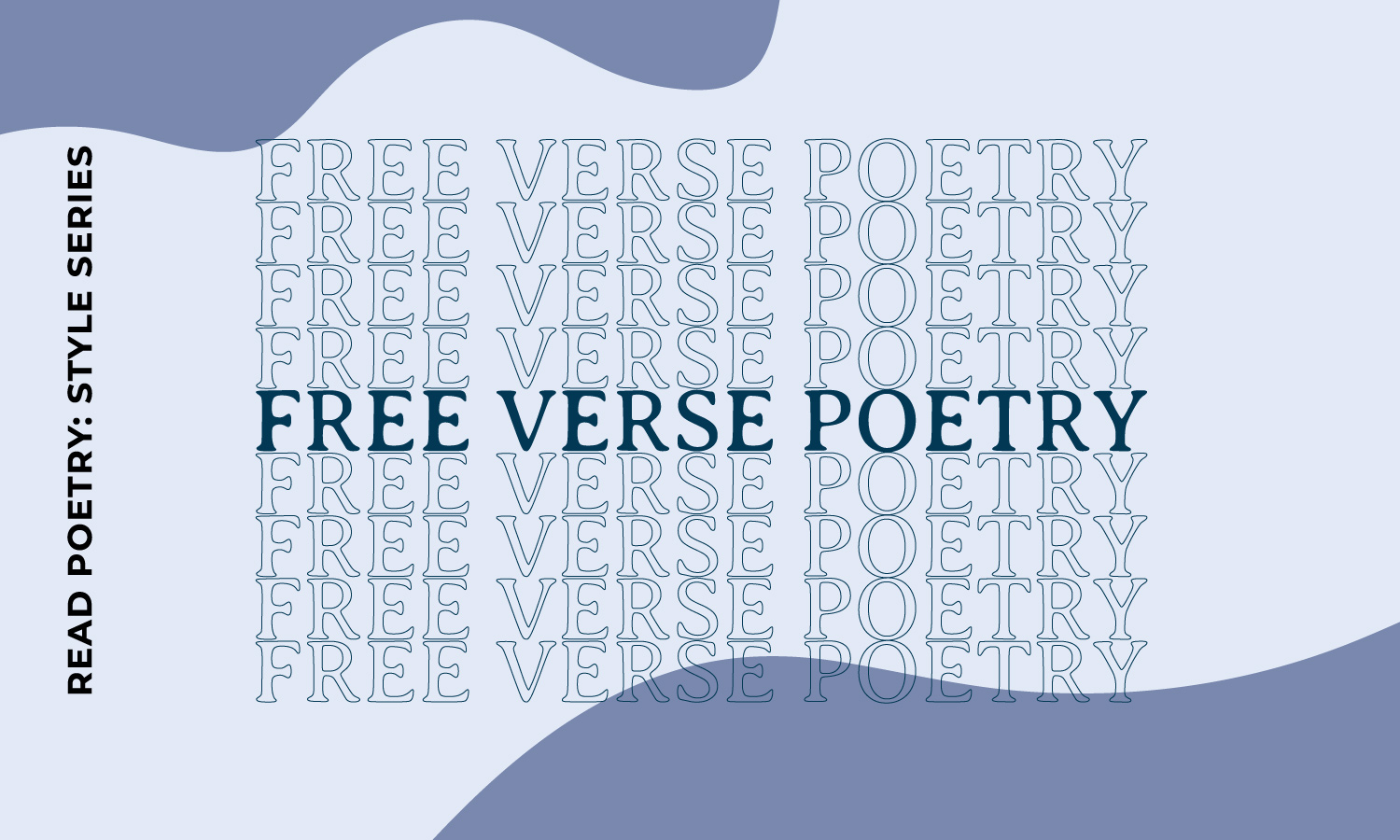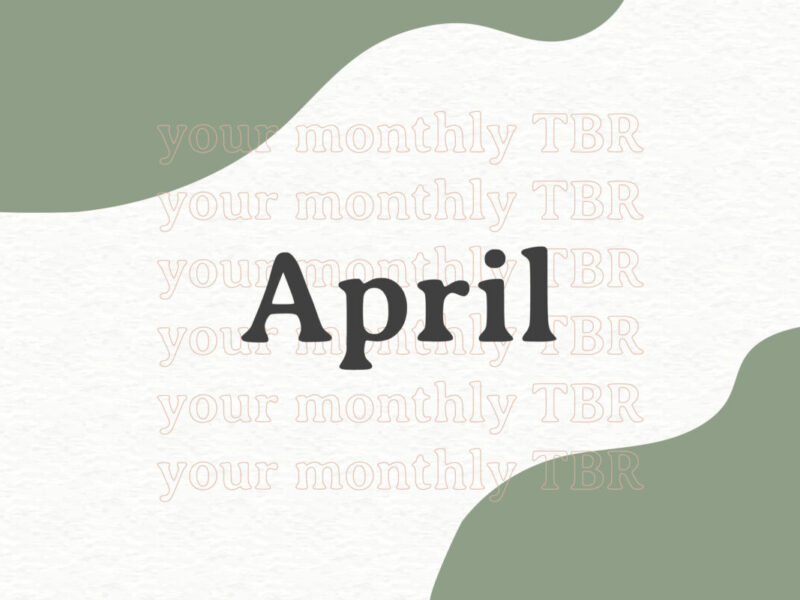A Brief History of Free Verse Poetry: Free Verse Poetry from the 19th Century to Now
If you’re an avid poetry reader, chances are you’ve read a free verse collection recently. The writing style—popularized in the 19th century—has grown to become the type of poetry most commonly published today. Simply put, free verse poetry resists the constraints of form and meter. And while free verse poetry often experiments with sound play, it typically doesn’t adhere to a set, regular rhyme scheme. The spontaneous and inventive poetic approach has gained traction and acclaim from readers since the publication of Walt Whitman’s Leaves of Grass, a formative text in the genre. The diversity and breadth of the genre have led to its continued, ever-expanding success today.
19th century
Walt Whitman pioneered the free verse movement and is even referred to today as the “father of free verse.” He also contributed to the transcendentalist movement, a related philosophical school that values nature, idealism, and personal independence, alongside writers like Henry David Thoreau and Ralph Waldo Emerson. Leaves of Grass, a compilation of nearly 400 poems, stands out as Whitman’s life’s work, which he spent decades revising. Though the classic work is now frequently taught in English classes, at the time of its publication it scandalized audiences for its unabashed lack of form and its sensual, homoerotic themes.
Introductory works and resources: “Song of Myself,” “I Sing the Body Electric,” Poetry America’s Walt Whitman episode
20th century
The 20th century saw the rise of the modernist movement in poetry, which helped to elevate free verse to its current status. Poet Ezra Pound—who counted Walt Whitman among his most significant influences and famously dubbed Whitman “America’s poet”—continued his idol’s tradition by committing to “breaking the pentameter.” Pound vowed to focus on honest, emotional depictions within his poetry, catering to an outpouring of feeling rather than form, sound, or style.
Pound also established a strong reputation for promoting other unique, boundary-pushing poetry, including works that would go on to become classics. In particular, Pound praised the work of T.S. Eliot, another free verse poet who famously argued that the fluidity of free verse mirrored the constant, ever-changing nature of daily life. Eliot’s iconic texts “The Love Song of J. Alfred Prufrock” and “The Waste Land” mirror this belief, achieving an ambitious, emotion-driven balance between the poetic and the narrative.
While Eliot’s work could often stretch into epic poetry, William Carlos Williams, another beloved figure in the free verse movement, showed how free verse could powerfully intersect with conciseness and minimalism. Beloved Williams poems, like the popular “This Is Just to Say” and “The Red Wheelbarrow,” often illuminate a singular image in a few unexpectedly short, striking stanzas.
Introductory works and resources: “In a Station of the Metro” by Ezra Pound, “The Love Song of J. Alfred Prufrock” by T.S. Eliot, “This Is Just to Say” by William Carlos Williams, “Dedication for a Plot of Ground” by William Carlos Williams
Now
It’s difficult to choose the best free verse poets writing today, as this genre now stands out as the most commonly published type of poetry. Chances are that if you pick up a leading journal, like Poetry Magazine, Ploughshares, or Prairie Schooner, most pieces will be written in free verse. While Whitman’s experiences show how the poetry world previously resisted and decried free verse, nowadays its widely awarded—free verse poet Courtney Lamar Jackson has won a Pushcart Prize, Best of the Net award, and Ruth Lilly fellowship, while recent Nobel Prize winner Louise Glück represented free verse poetry on a revered global stage.
Introductory works and resources: “Mother and Child” by Louise Glück “Secretly I Am a Mathematician” by Akif Kichloo, “Icicle Creek” by E.J. Koh, “The Hood” by Courtney Lamar Charleston
This is part of Read Poetry’s National Poetry Month series. Check out next week’s newsletter and blog for a look at the history of novels in verse. Happy National Poetry Month!




